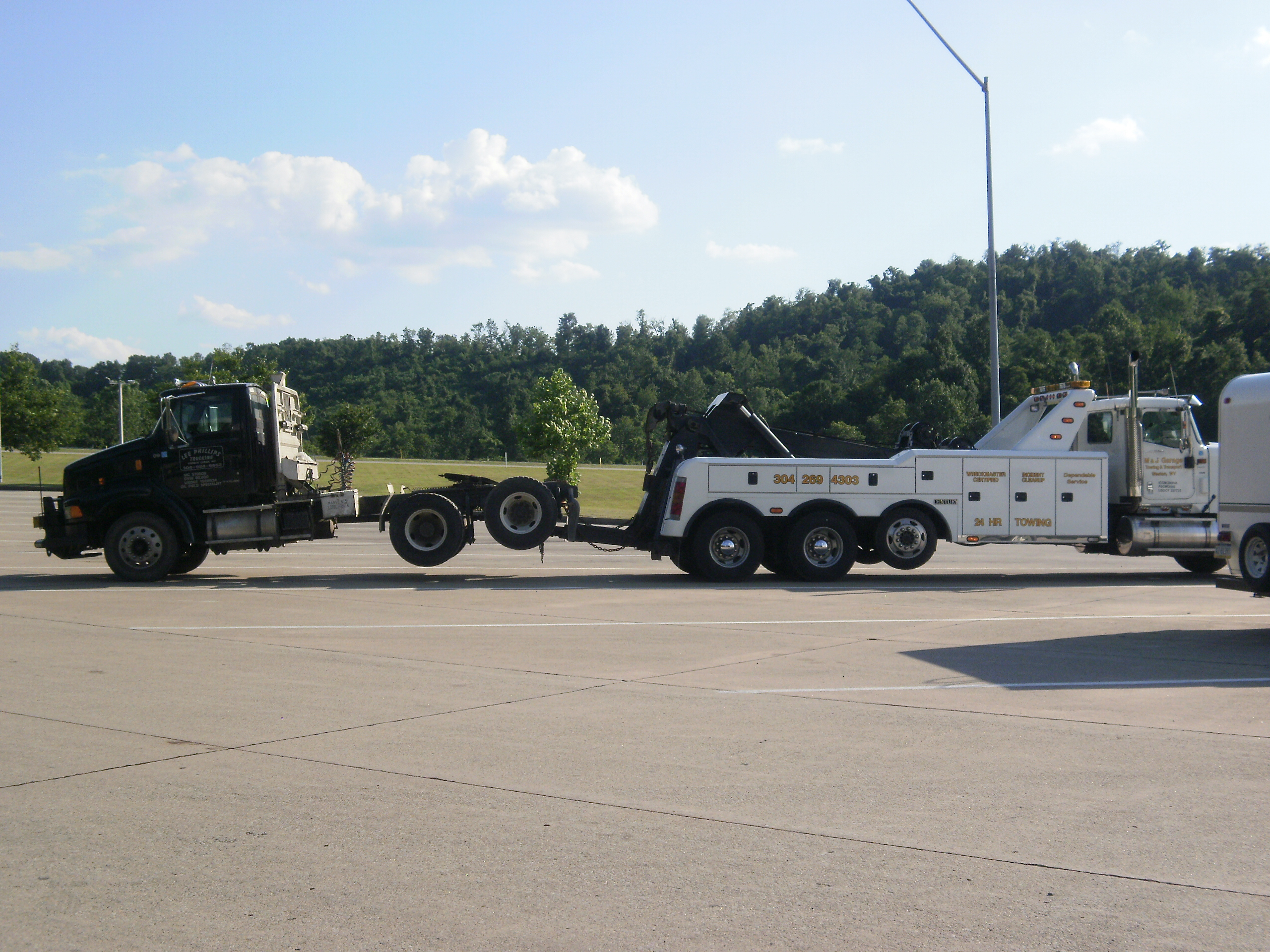Tow trucks are an incredibly useful form of transportation, providing assistance to those who may have broken down on the side of the road. With the vast number of tow trucks on the roads, it is essential for companies that own and operate tow trucks to ensure that their vehicles are adequately protected. The best way to do this is by having the correct type of insurance for their tow truck.
What Type of Insurance Is Needed for a Tow Truck?
The type of insurance needed for a tow truck will depend on a few factors, such as where the vehicle will be operating and what type of services it will be providing. Generally, it is recommended to obtain comprehensive coverage that includes property damage, liability protection and medical payments. Property damage covers any damages caused to another person’s property by your vehicle while liability protects you from any legal action taken against you in the event that your vehicle causes an accident or injury.
In addition, some states may require tow truck operators to carry additional types of coverage such as uninsured motorist coverage or underinsured motorist coverage. Uninsured motorist coverage helps protect you if you are involved in an accident with another driver who does not have insurance. Underinsured motorist coverage provides additional protection if you are in an accident with a driver who does not have enough insurance coverage to cover all damages.
Lastly, when considering insurance for a tow truck, it is important to consider specialized coverages such as cargo insurance or trailer interchange agreements. Cargo insurance provides protection from any loss or damage that may occur while transporting goods or services. A trailer interchange agreement provides additional protection if your tow truck needs to be repaired due to mechanical failures.
Conclusion
In conclusion, when considering what type of insurance is needed for a tow truck it is important to consider both general and specialized coverages based on the needs and location of your business. Comprehensive coverage should include property damage, liability protection and medical payments while operators may want to look into additional specialized coverages such as cargo insurance or trailer interchange agreements depending on their needs.
